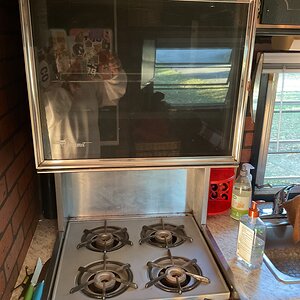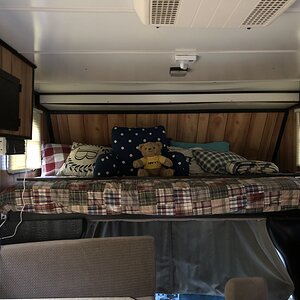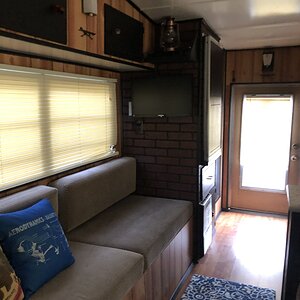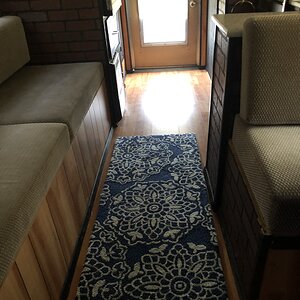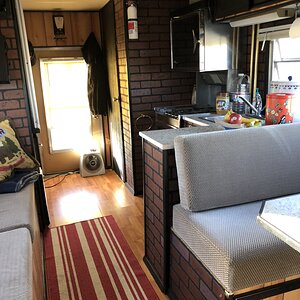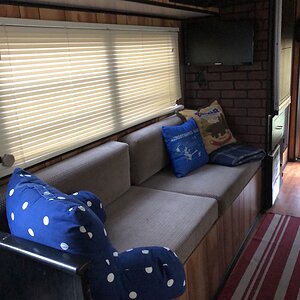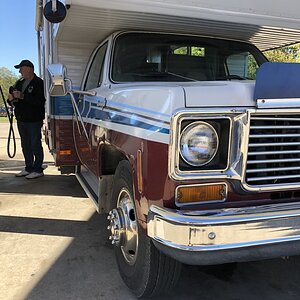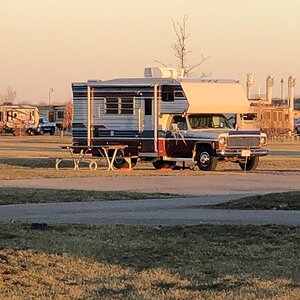Diesel Pusher
RVF VIP
- Joined
- Aug 13, 2022
- Messages
- 292
- Location
- Lost
- RV Year
- 2007
- RV Make
- Fleetwood
- RV Model
- Expedition 38L
- TOW/TOAD
- JK Rubicon, KL Trailhawk
- Fulltimer
- No
I have no power issues with 400ah of LiFePO4 batteries and 1600 watts of solar. Typically, we'll use between 25% - 36% of battery capacity all day until sunrise the next day when recharging kicks in. Batteries are usually whole again by noon. We use everything… 12v compressor fridge cooling unit attached to Norcold 1210, television, Dometic CFX50 portable fridge/freezer in the basement, all the LED lights we want, satellite radio, charging 2 laptops, 2 phones and internet router, coffee maker, water pump etc. However, two others in our group converted to residential refrigerators, one a Samsung. They have 200ah FLA deep cycle batteries. They get about 8 hours. The other converted to an LG fridge. They have 400ah FLA deep cycle and can go 10 to 12 hours. Neither have any solar. Others folks can go longer depending on battery condition, how they use their power and supplement with as little as 100 watts of solar.So does this mean you barely make it through the night until daylight? What size battery bank do you have that is lasting eight or nine hours without solar?


